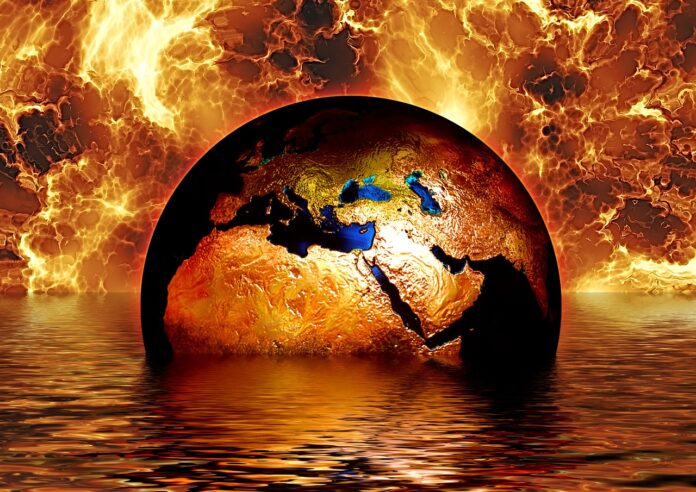Source: MakeLemonade.nz
Te Whanganui-a-Tara – New Zealand can reach its climate change goals if it seriously ramps up efforts across all sectors of society.
The starting point is to identify and allocate responsibility for emissions to corporate actors, then adjust the relative price of emissions through the tax system, the use of fines as well as the emissions trading scheme.
Just under 20 percent of long life greenhouse gas emissions, come from agriculture through electrifying the farm, decarbonising low and medium temperature heat and decarbonising transport used for commercial gain.
Aotearoa has so many steps to take to improve. It must decarbonise the public transport, at an accelerated pace. It is a small step but easy to identify and it is good signalling for the public.
It should disallow depreciation on newly acquired high emitting capital goods – fossil fuel boilers, appliances, vehicles and disallow tax deduction of all fossil fuels used for commercial gain, such as in any tax paying enterprise.
It should allow 100 percent immediate tax deduction of capital goods such as bio-mass and electric boilers, heat pumps, solar panels, wind turbines, low / no emission vehicles.
New Zealand should require emissions-intensive recreational activities such as heli-skiing and motor sports to publish the emissions associated with that activity. We must fix the consumers and wider society with knowledge of the environmental impact of these purely discretionary emissions. We should also:
- Close Tiwai smelter and redirect its power to the grid as soon as possible to reduce power bills. We should also:
- Phase out thermal, coal and primary steel making in New Zealand within five years. Only permit the manufacture or import of green steel after 2027 and the same for cement manufacture and import.
- Use fines as well as the emission price to incentivise / penalise fugitive emissions from coal, oil and fossil gas production, processing and distribution and from landfills.
- Set and auction annual quotas for log exports that align with carbon sequestration requirements and local timber for building demand.
The latest IPCC climate change report shows it is still possible to limit global temperature rise to 1.5°C, but only if countries – and every business – acts now.
In the race against climate change, every fraction of a degree by which the global temperature rises counts. Every country – and every business – must bring the best they have to this race with the shared goal of winning it. We are in the red zone; we don’t have time to lose.
The report proves that to win the race to zero, it’s imperative the world seriously climbs in on climate action.



